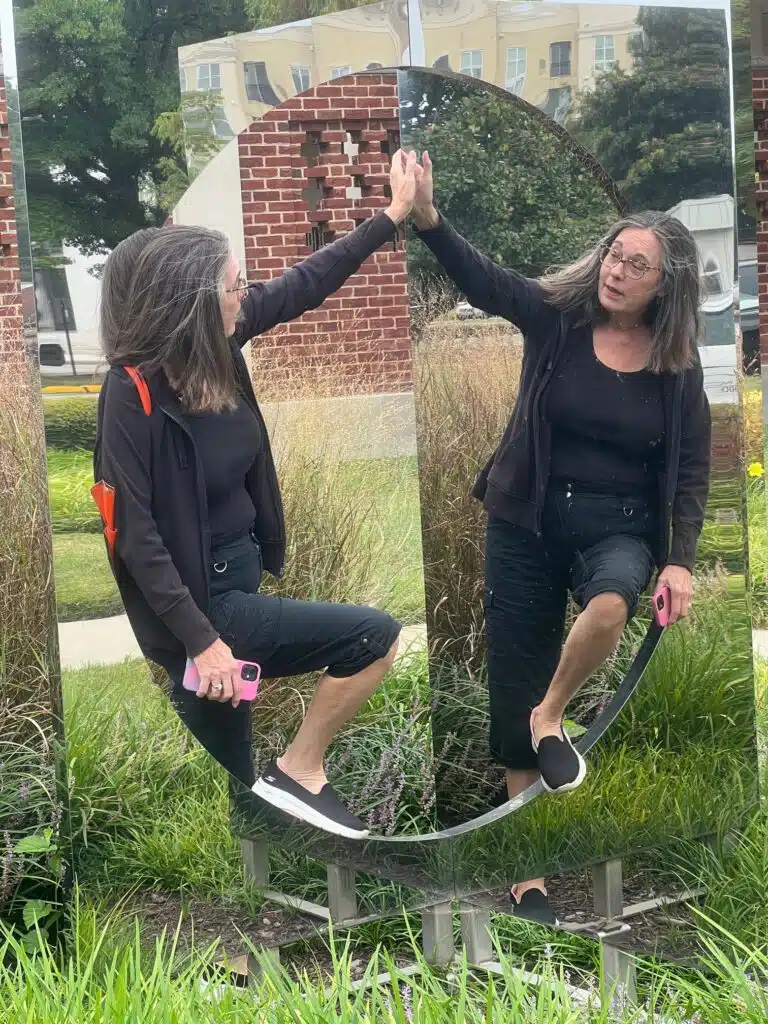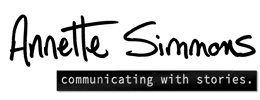
According to Pew research, disdain between opposing political parties in America has doubled in the last 30 years, coincidentally the span of my own consulting business, Group Process Consulting. My efforts to document true stories about these escalating conflicts inadvertently produced a set of oral histories across the years: Territorial Games (1997), A Safe Place for Dangerous Truths (1999), The Story Factor (2001), Whoever Tells the Best Story Wins (2007), and Drinking from a Different Well (2021). Despite these efforts, amid some anecdotal successes, territorial games are twice as bad as when I started my research. Democracy is at risk. The billions we will lose because of government shutdown(s) prove how much it costs us to continue in this direction.
Since our current solutions are failing miserably, it might be time to step back and redefine how we think about this problem we call polarization. Sure, we can blame deteriorating norms, social media, billionaires, political strategists, and inequality but let’s be practical. There are no feasible solutions to any of these “causes” in the short term. And while we don’t want to ignore these contributing factors, dive a little deeper and we come face to face with the real root cause of polarization: unavoidable paradoxes. Luckily, we don’t have to guess what they are. It just so happens that any constellation of cultural differences (I prefer Fons Trompenaars work) map the outlines of humanity’s unavoidable paradoxes. Plot the dots and the patterns of paradox appear.
Think about it like this, every breath you take is an example of a paradox. Do you want to breathe in or breathe out? Make up your mind! The only sane answer is that you want both. It doesn’t make you a hypocrite to want to toggle back and forth. It is necessary for your survival. Yet anyone who applies this sane solution of both/and to issues of protecting individual and collective well-being gets labeled a hypocrite. People who want to provide a safety net for immigrants and respect national boundaries are characterized as wishy-washy, indecisive, or weak. We continue to fail to find common ground. We give a lot of lip service to both/andsolutions, but we have yet to develop systems that can successfully navigate paradox without turning it into an adversarial conflict. Balance requires collaboration as well as competition.
While the dictionary defines a paradox as a contradiction in terms, the true nature of paradox is when two equally important values are in constant tension. According to Trompenaar’s work on culture, the first two dimensions of cultural differences trace the paradoxes of universalism vs. particularism and individualism vs. communitarianism. Treating everyone the same (universality) pre-empts finding particular solutions for divergent needs, at the same time there are practical limits on the number of specific solutions we can possibly manage. No one argues we must protect individuals as well as communities but building the infra-structure to protect the safety/freedoms of individuals tends to limit the safety/freedoms of the larger community and vice versa. Teen suicides and mass shootings are too high a price to pay for unlimited freedoms. Yet freedom of speech is a cornerstone for democracy. Solve for one side or the other, and we threaten our own survival. Same goes for climate change, immigration, and economics. As long as we treat paradoxical values as conflicts or battles to be won, we block all paths to sustainable solutions. The best solutions to any paradox are in the middle, toggling back and forth between values in a way that keeps both in balance. In order to do this, we must develop systems that track survivability as well as wins/losses.
Once we accept that solving these paradoxes once and for all is impossible, we know for sure that no single solution exists. We stop pretending our systems can ever be adequate – AI included. I’d love to hear from user experience designers who take what should work, but doesn’t and adapt it into something that does work. We need help from software developers who invented agile protocols that adapt to change, reiterate prototypes, continuously seek better solutions, and measure success based on workability instead of ideology. Because these unavoidable paradoxes of being human aren’t going away and our current systems of 0s and 1s developed to mimic adversarial reasoning will only lead to more polarization.
